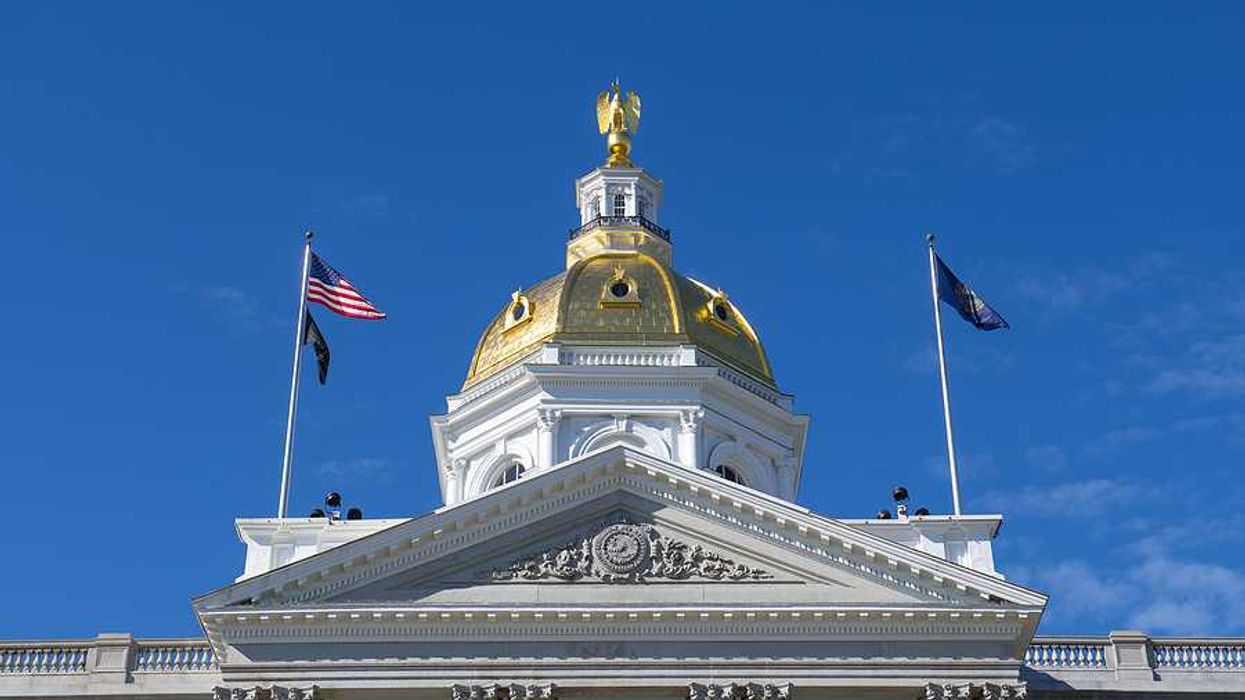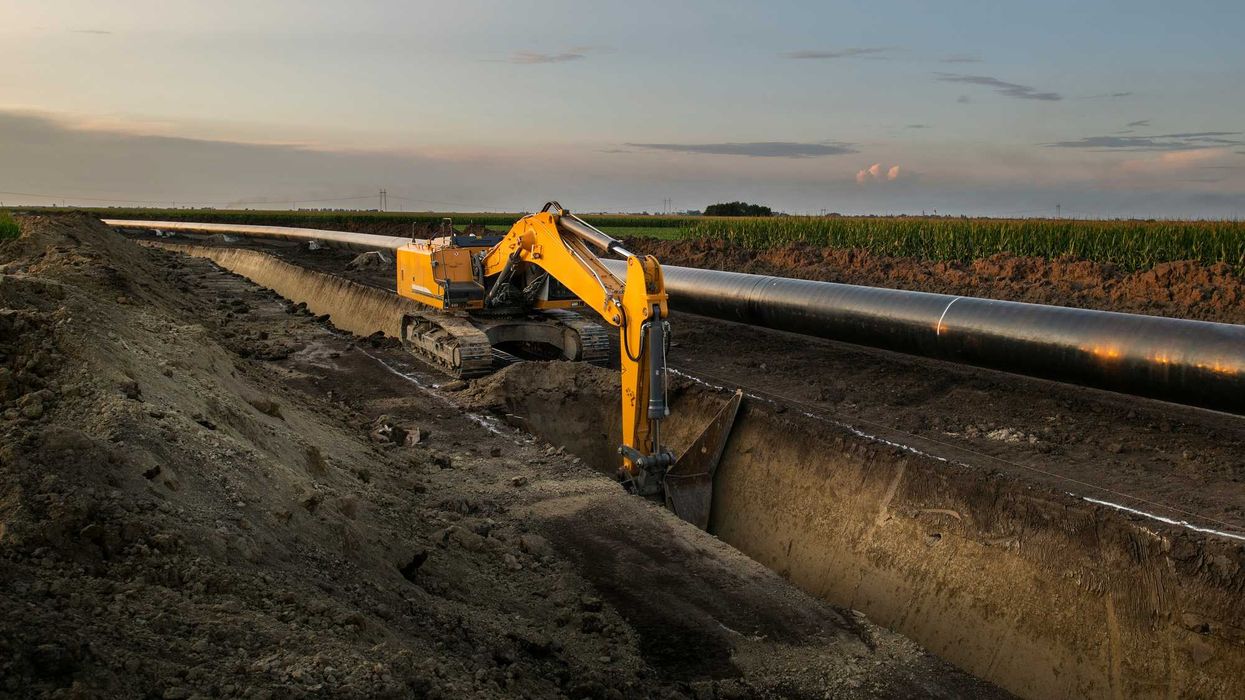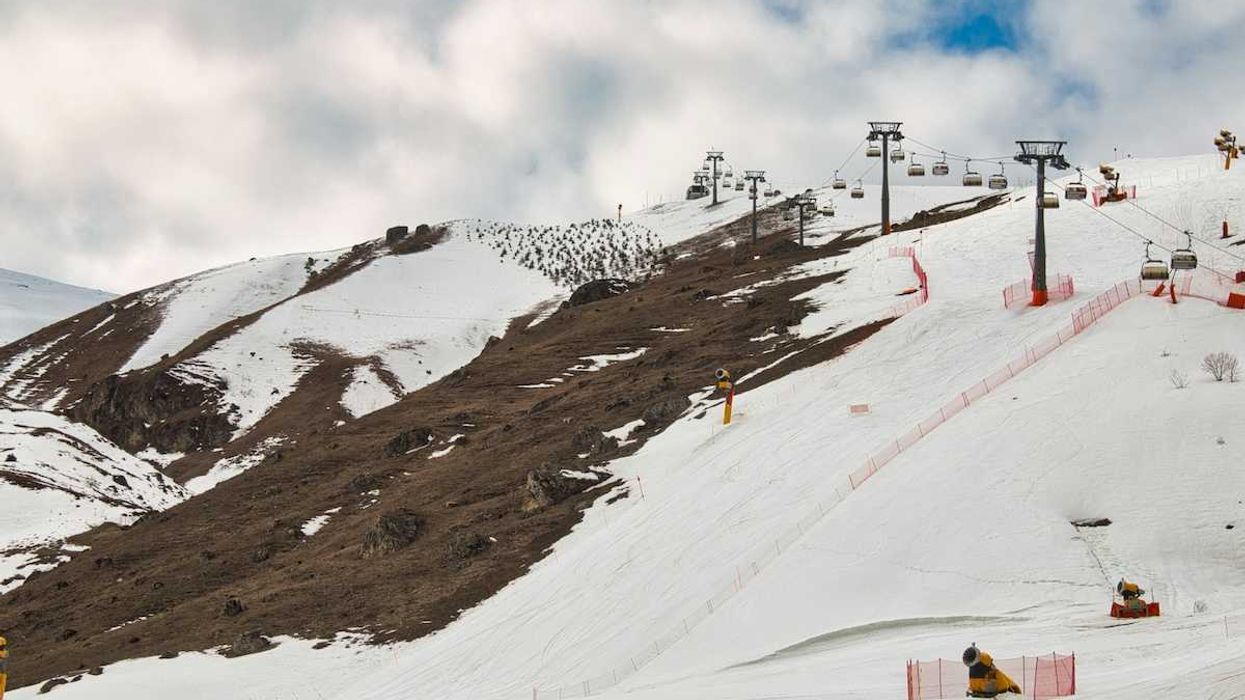As global temperatures rise, the timing between pollinators like bees and the plants they help reproduce is becoming mismatched, threatening ecosystems and agriculture worldwide.
Jennie Durant reports for Grist.
In short:
- In Colorado, biologist Elsa Godtfredsen observes that warmer winters cause flowers to bloom before bumblebees emerge, disrupting pollination.
- Timing mismatches between pollinators and plants have been documented globally, risking crop yields and biodiversity.
- Managed honey bees may compensate for some losses, but supply concerns could drive up food costs.
Key quote:
“It’s like we’re walking in the dark, and we know that there are cliffs, and we don’t know where the edge is.”
— Ed Henry, ecologist at the USDA
Why this matters:
Pollinator and plant mismatches could lead to significant declines in food production, impacting global food security. Ecosystem imbalances may increase in vulnerable regions, particularly affecting food-insecure areas.
Related EHN coverage:














